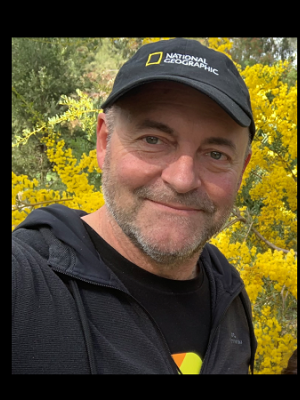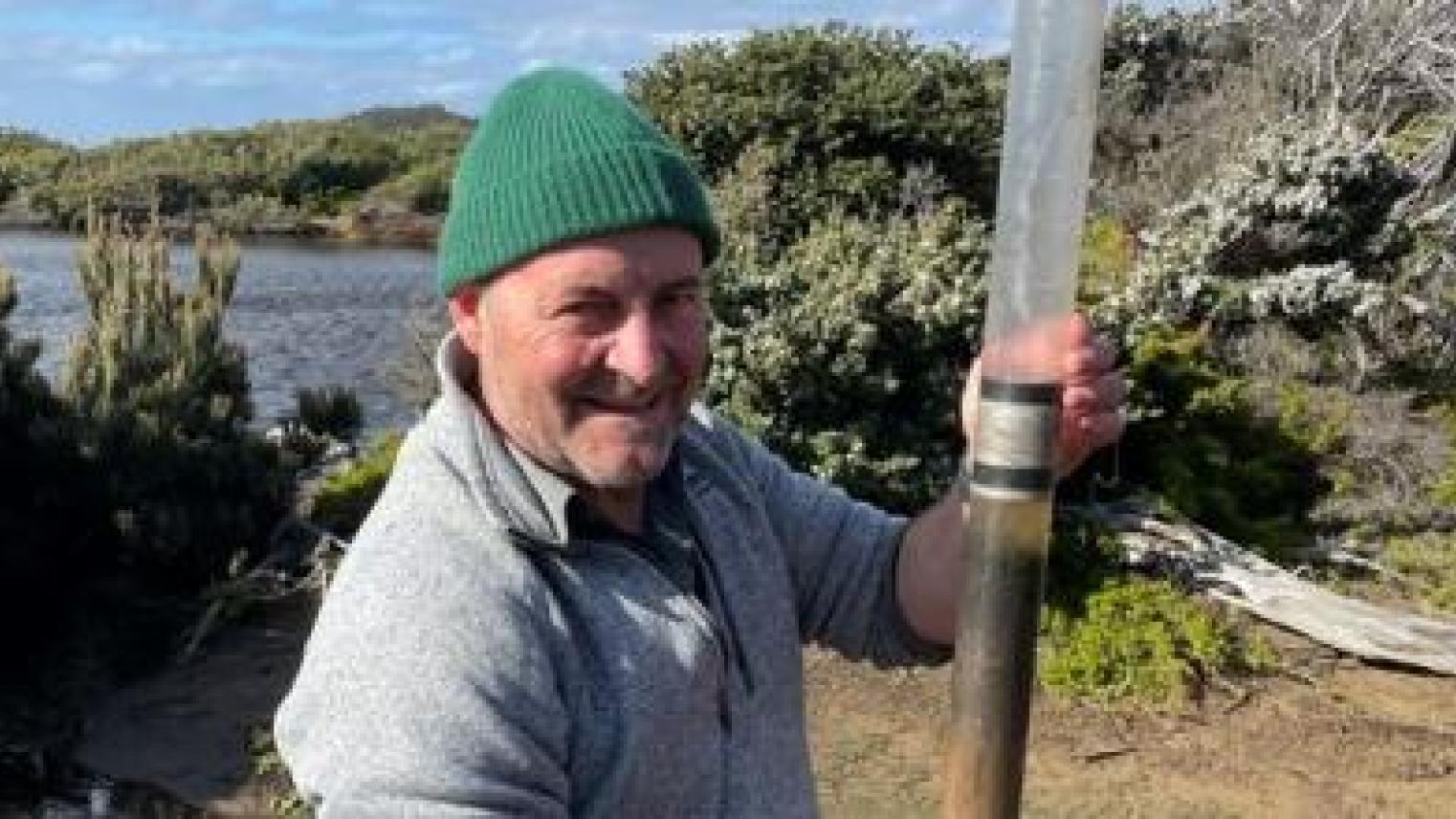Humans are a geologically recent phenomenon that have had a profound influence on the global environment. The magnitude, variety and longevity of human-induced changes, including extinction, domestication, translocation and invasion have transformed the landscapes we live in today – though often in unexpected and surprising ways. Using the science (and art) of palaeoecology we are able to read landscape history through the lens of microscopic remains preserved in sedimentary archives, opening a window into the nature of human behaviour and our interactions with the environment through time. Here I will discuss some of the most recent debates in which palaeoecology has played a significant role in challenging our understanding of the nature and timing of human impacts in our region, including (i) the causes of megafauna extinction in Australia, (ii) the origins and timing of domestication in New Guinea, (iii) the impact of the Columbian exchange on food security in island societies and (iv) the biodiversity crisis brought about by invasive species and fire regime disruption during the last 230 years of colonisation. These examples reinforce 21st-century concerns about the vulnerability of biotic populations, including humans, to key environmental challenges of future warming, freshwater availability, and sea level rise.
About the Speaker
Professor Simon Haberle, Director of the School of Culture, History & Language in the ANU College of Asia & the Pacific and a CI in the ARC Centre of Excellence of Australian Biodiversity and Heritage, is a palaeoecologist who uses his expertise in palynology and charcoal analysis to reconstruct past environments. The focus of his research is to understand the impact that people and climate have had on ecosystems through time. He is particularly interested in the way that people have used fire to manage and change landscapes through time. He has worked extensively across Australia and New Guinea and has ongoing projects in China and the islands of the Indian and Pacific Oceans. He is developing digital tools for archiving and providing access to significant natural history collections for researchers and the general public.
Event Speakers

Professor Simon Haberle
Professor Simon Haberle, Director of the ANU School of Culture, History & Language, is a palaeoecologist who uses his expertise in palynology and charcoal analysis to reconstruct past environments. The focus of his research is to understand the impact that people and climate have had on ecosystems through time.
